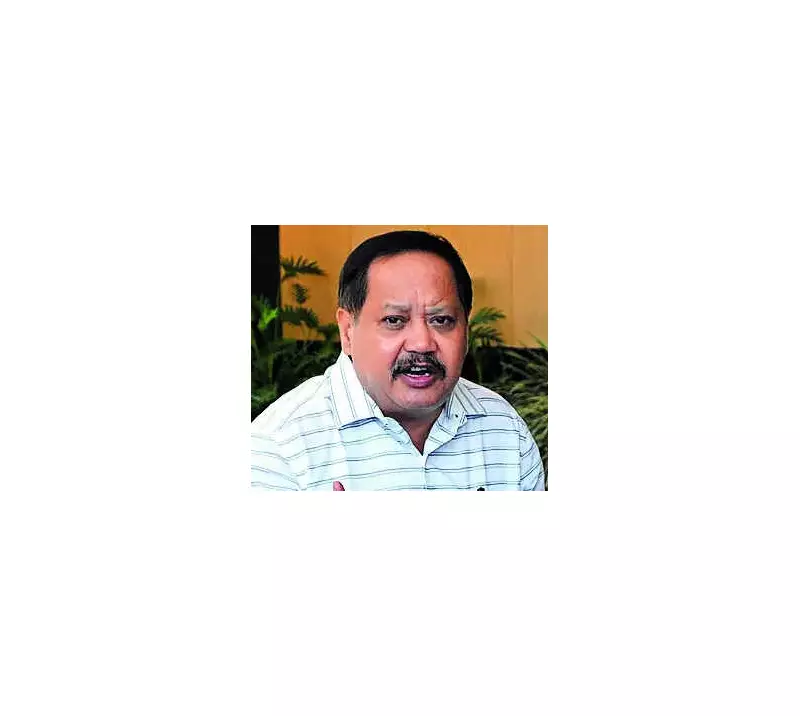
In a dramatic turn of events, former Assam Director General of Police (DGP) has stepped down from his position as Chief Information Commissioner (CIC) following mounting pressure over Right to Information (RTI) applications that questioned his brother's alleged connection to the high-profile Zubeen Garg assault case.
The Controversial Resignation
The former top cop's resignation comes after multiple RTI queries sought details about his brother's purported involvement in the case involving popular singer Zubeen Garg. The queries reportedly raised serious questions about potential conflicts of interest and whether the former police chief's position influenced the investigation.
Background of the Zubeen Garg Case
The Zubeen Garg assault case has been making headlines across Northeast India, with the beloved singer allegedly facing threats and physical assault. The case has drawn significant public attention and sparked outrage among the singer's massive fan following.
Key Developments in the Controversy
- Multiple RTI applications filed seeking information about the brother's involvement
- Questions raised about potential conflict of interest in the case investigation
- Growing public pressure and media scrutiny leading to the resignation
- Transparency advocates highlighting the importance of RTI in maintaining accountability
Implications for Transparency and Governance
This development raises crucial questions about transparency in public offices and the effectiveness of the RTI Act in ensuring accountability among high-ranking officials. The resignation marks a significant moment in Assam's governance landscape, demonstrating the power of public scrutiny through information rights.
The case continues to unfold, with transparency activists and legal experts closely monitoring subsequent developments. This incident serves as a stark reminder about the importance of maintaining ethical standards in public service and the critical role of information transparency in a functioning democracy.






